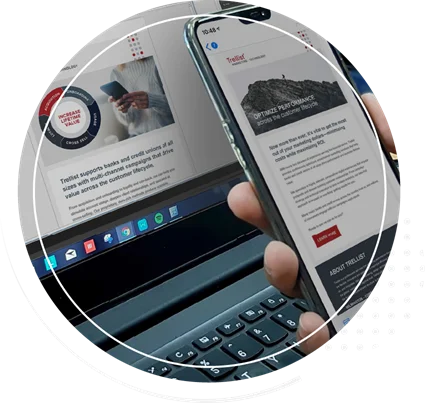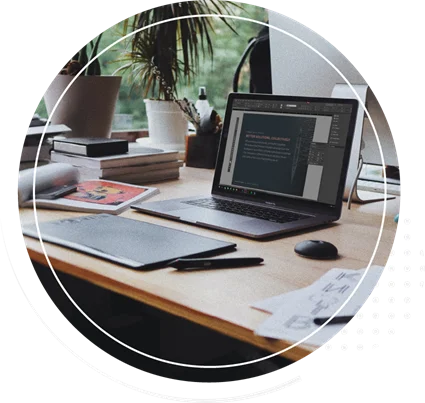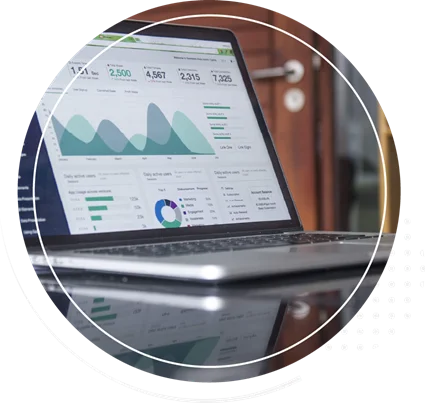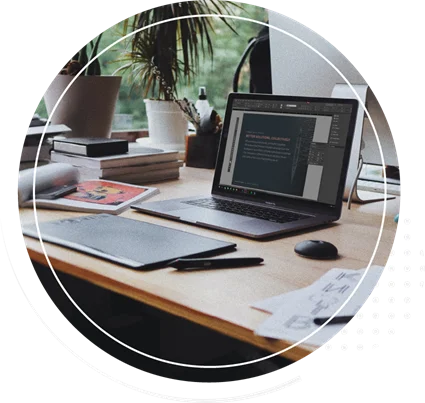If the recent COVID-19 pandemic has taught us anything, it is how important mental health is when facing isolation and turmoil which includes everything from lockdowns to politics and world events. Therefore, in recognition of the NAMI's Mental Health Awareness Month, we wanted to share how Trellist values its employees' mental health and how we value the cognitive health of the customers and prospects of our clients through digital accessibility.
What is Mental Health and how is it related to Cognitive Disabilities?
Cognitive health is a collective term that refers to "the ability to clearly think, learn, and remember functions such as motor skills, emotional responses, and sensory responses..." ¹ Mental health involves living in daily activities that result in productive activities, such as work or school, and healthy relationships.
Effective living is made possible through the ability to adapt to change and cope with difficulties daily. However, a variety of temporary and permanent factors can cause disruptions. Some examples are:
- Temporary disruptors such as sleep deprivation, fatigue, anxiety, and depression.
- Permanent disruptors are cognitive disorders such as attention deficit disorder (ADD), dyslexia (difficulty reading), dyscalculia (difficulty with math), and learning disabilities.
The causes for these disruptors can be due to multiple factors from lifestyle to genetics. Regardless of the origin, we recognize the importance of both mental and cognitive health for our employees and for our clients' customers.
How do we value Mental and Cognitive Health?
Value for our Employees
Mental health encompasses an individual's emotional, psychological, and social well-being. The state of one's own wellness determines how we handle stress, how we relate to others, and how we make healthy choices. And, as we've all experienced, some days are easier on us than others.
To maintain a sustainable work environment for Trellist and its employees, we offered our salaried employees a "You Day." This paid day can be taken to practice whatever self-care method each individual person employs in their personal lives.
We want to improve wellness in a comprehensive way for our employees. We aspire to maintain a work-life balance that promotes and supports a mutually productive environment with our employees. Doing so strengthens our sociable and collaborative culture to provide intelligent and integrated solutions to our clients.
Value for our Clients
U.S. companies have a legal obligation to make sure their digital tools such as websites are accessible to a broad swath of online users. The Americans with Disabilities Act (ADA) requires all businesses to provide features and functionalities on their digital properties that allow persons with a variety of disabilities—including cognitive—to use them effectively.
The Web Content Accessibility Guidelines (WCAG) provide a good ground base for accessible content for visual, auditory, speech, physical, and cognitive barriers. While WebAIM further shares best practices based on research that can help accommodate for various functional cognitive impairments.²
Best practices for Digital Cognitive Accessibility
- Create simple, concise content. Avoid bright, contrasting colors; large blocks of heavy text; and limit formatting like underlines and capitals.
- Produce content in various formats (images, diagrams, audio, video and more) if possible.
- Create consistent environments with similar interface elements and navigational schemes especially in large, complex websites.
- Help customers maintain focus through design, content, interaction, giving sufficient time, emphasis, and feedback on actions.
Need Accessibility Services?
At Trellist, we ensure our clients' customers and prospects can have an optimal experience despite any permanent or temporary hindrances. We account for accessibility in all stages of projects, considering goals, audiences, and messaging strategy based on clients' needs. We also provide ongoing training for employees, acknowledging that digital content accessibility is an iterative process.
Contact us for a free strategy call with our accessibility experts.
¹ https://www.emotiv.com/glossary/cognitive-health/
² https://webaim.org/articles/cognitive/cognitive_too_little/













